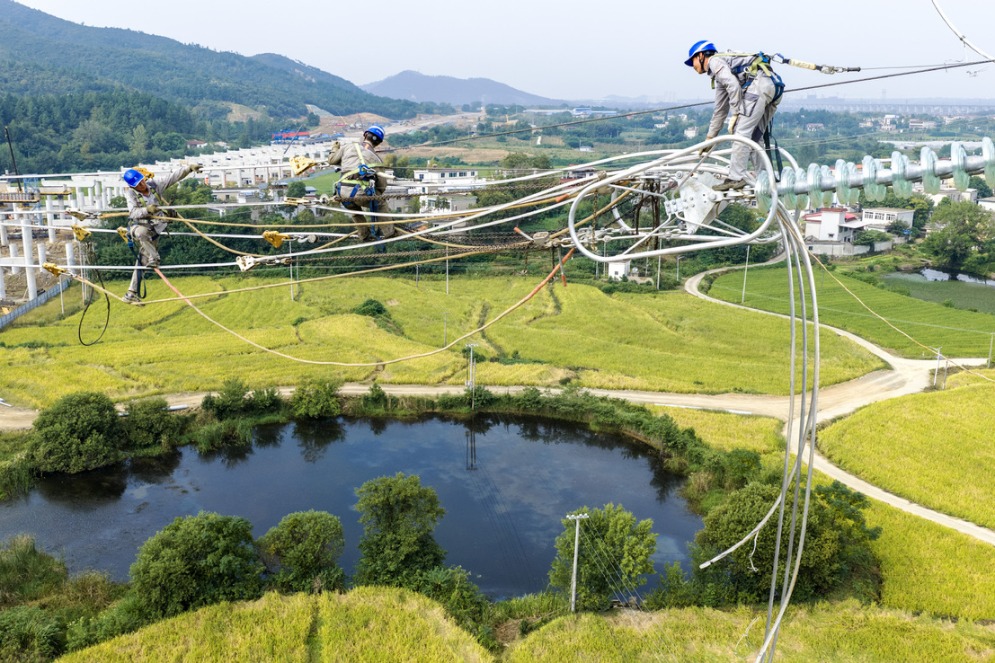Do Chinese companies not answer to independent boards?
Mike Pompeo: Chinese companies do not answer to independent boards, and many of them are state-owned and have no need to pursue profits.


US Secretary of State Mike Pompeo, in his recent speech at the Richard Nixon Presidential Library, negated every aspect of China-US relations, maliciously attacked the leadership of the Communist Party of China (CPC) and China's political system, and attempted to drive a wedge between the CPC and the Chinese people. He also wantonly criticized China's domestic and foreign policies, spread the so-called "China threat", and called for an anti-China alliance to contain China's development.
Pompeo's baseless, fact-distorting speech misrepresents history and the reality. It is full of ideological prejudice and driven by a Cold-War mentality. His remarks have not only been condemned by the Chinese people, but also criticized and opposed by sensible people in the United States as well as the international community.
To debunk the lies fabricated by Pompeo, let the facts speak for themselves.
Rumor:
Mike Pompeo: Chinese companies do not answer to independent boards, and many of them are state-owned and have no need to pursue profits. A good example is Huawei.
Fact:
The fourth national economic census of China's National Bureau of Statistics (NBS) indicated that by the end of 2018, there were 15.61 million private companies in the country, up 178.6 percent from the end of 2013, and 84.1 percent of total enterprises were private ones, up 68.3 percent. The number of state-controlled enterprises were about 242,000, accounting for only 1.3 percent of total enterprises.
-- Creating wealth and profits are the natural pursuit and the most important functions of businesses. NBS statistics revealed the following profits made by China's major industrial enterprises (with an annual business turnover of at least 20 million yuan each) in 2019: 1.64 trillion yuan by state-controlled enterprises, 4.53 trillion yuan by joint-equity enterprises, 1.56 trillion yuan by foreign as well as Hong Kong-, Macao- and Taiwan-invested enterprises, and 1.82 trillion yuan by private enterprises.
-- In China's economic system, the private sector contributes to over 50 percent of tax revenue, over 60 percent of GDP, over 70 percent of technological innovation, and over 80 percent of urban employment, and accounts for over 90 percent of the number of enterprises.
-- Huawei is a leading private enterprise, and 100 percent employee-owned. The Chinese government has no shares in Huawei, which adopts an employee shareholding scheme involving 104,572 people through its trade union. Only Huawei employees are eligible to participate, and no government departments or organizations have any shares in Huawei.
- China's National Day box office surpasses 1.1-billion-yuan mark
- Huizhou-style mooncakes carry forward time-honored tradition in Anhui
- Book published to highlight Chinese scientists' role in World Anti-Fascist War
- China activates emergency flood response as Typhoon Matmo brings heavy rainfall
- Chinese mountain city Chongqing becomes world's new must-see
- Hong Kong inaugurates MTR Northern Link project to fast-track Northern Metropolis construction





































